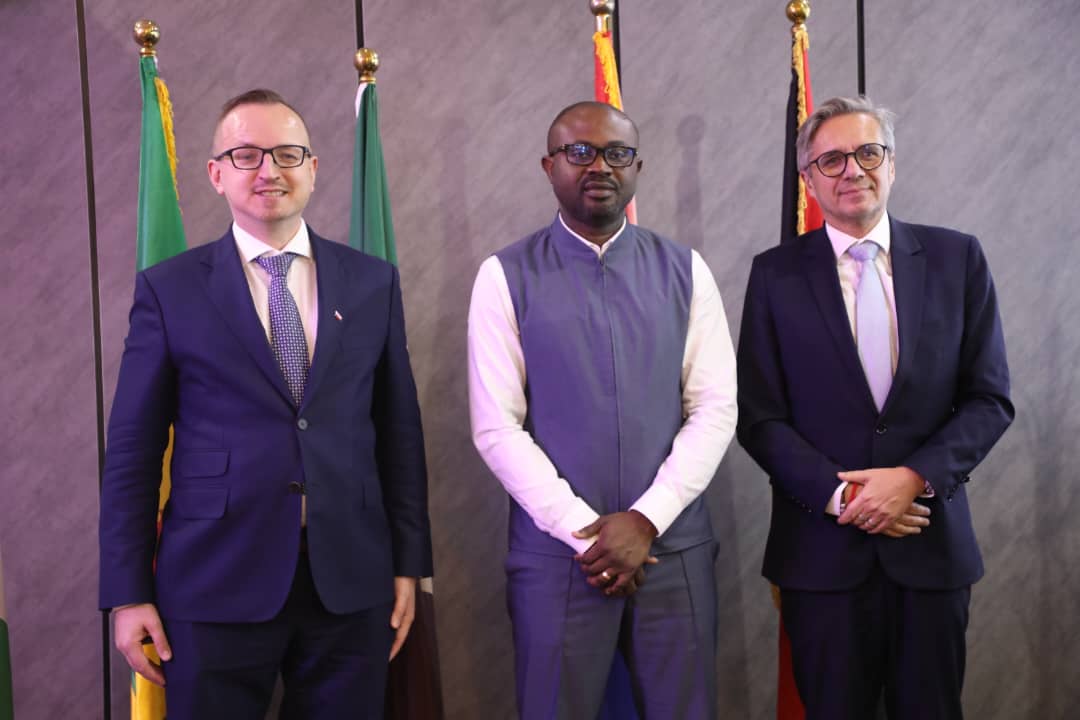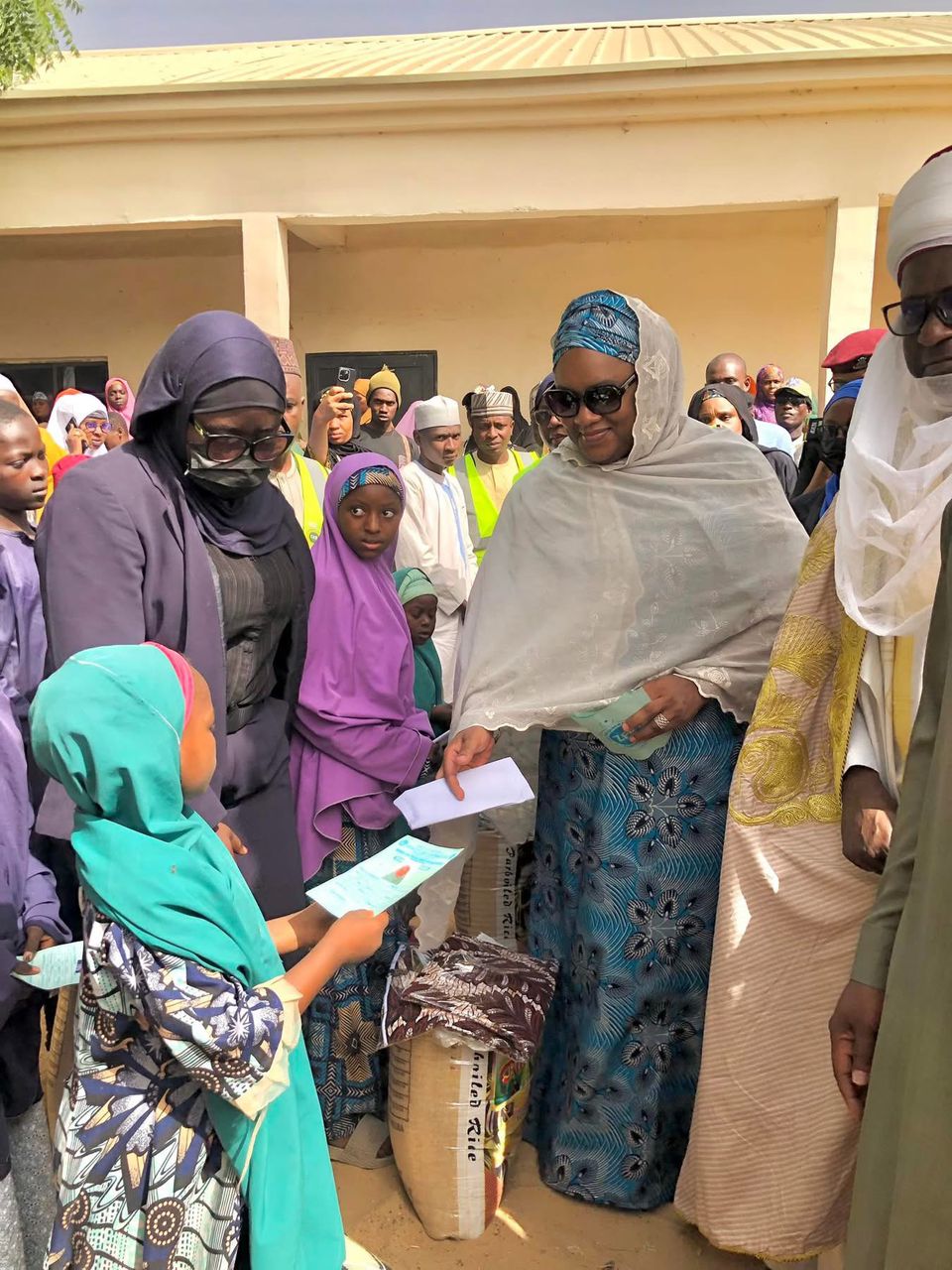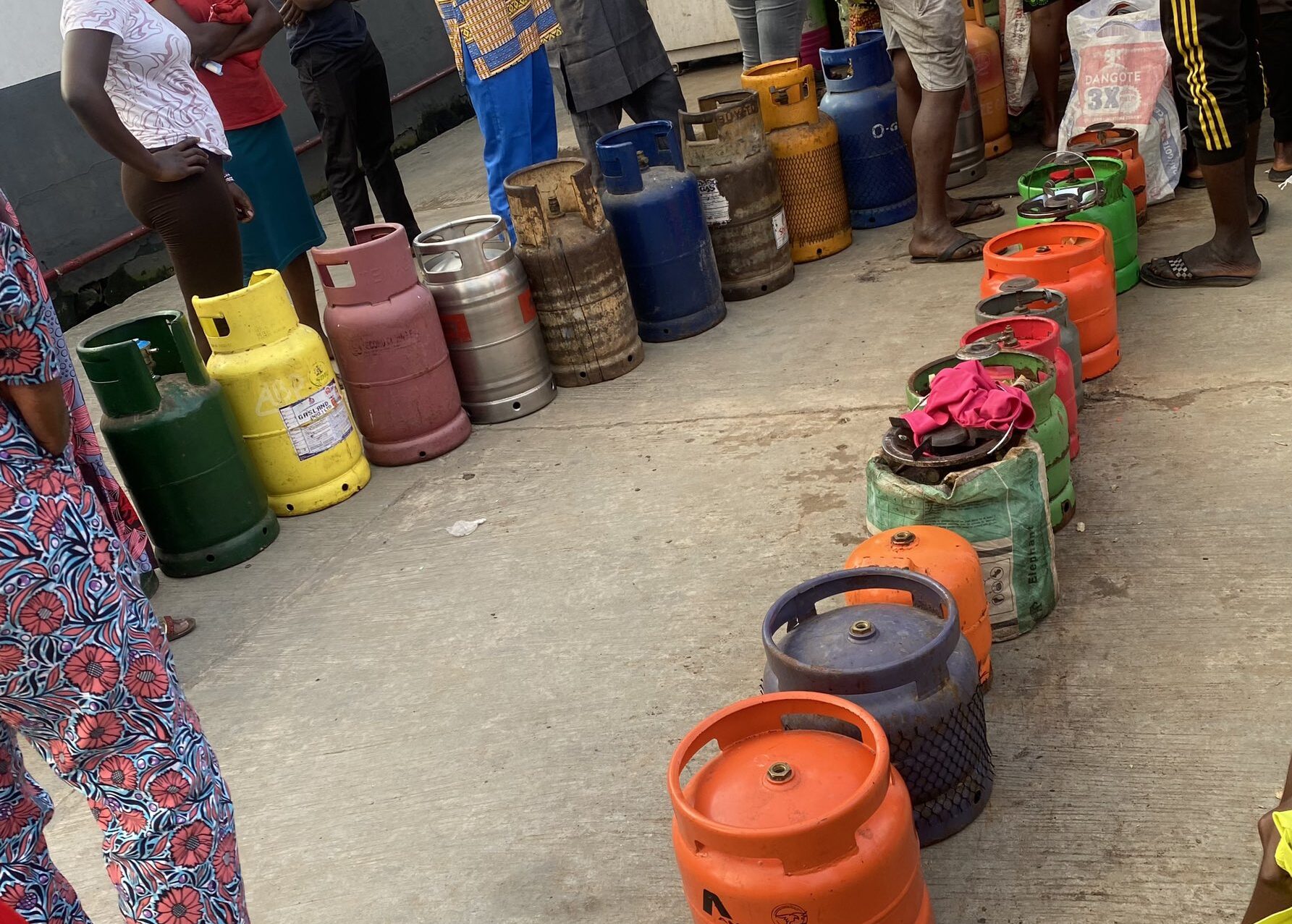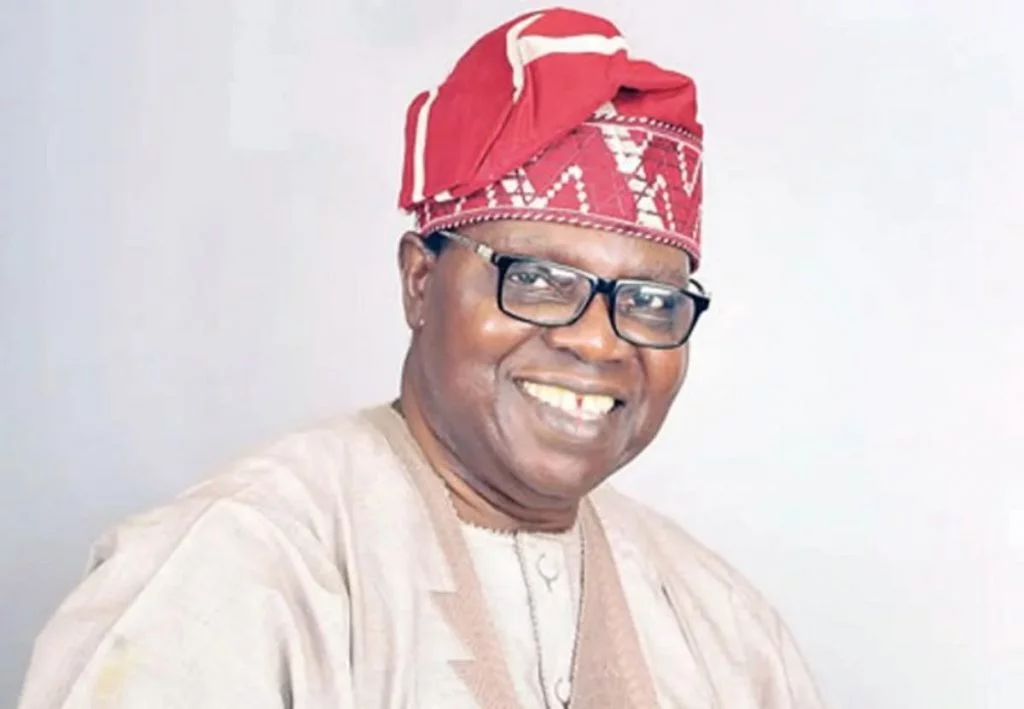Residents of Abuja are once again facing tough times as the price of cooking gas continues to rise sharply—just weeks after a brief period of relief.
Data from the National Bureau of Statistics (NBS) shows that the cost of a 12.5kg cylinder of Liquefied Petroleum Gas (LPG) commonly known as cooking gas, increased significantly between July and September 2025, with the trend worsening in October.
In July 2025, the average cost of a 12.5kg LPG cylinder stood at N21,010. This dropped sharply to around N11,875 in August, following a temporary decline in demand and oversupply of the product.
However, by September 2025, prices had surged again to an average of N22,528, erasing the brief relief consumers had earlier enjoyed.
A visit by Standard Times Nigeria to several LPG retail outlets in Abuja on Sunday, October 5, revealed a steep rise in retail prices.
Here’s what Standard Times Nigeria found:
BOVAS outlets sold LPG at about N1,100 per kilogram.
Rainoil listed their price at N1,150 per kilogram.
Independent dealers charged between N1,350 and ₦1,700 per kilogram, depending on the location.
In contrast, just a month earlier—in September 2025—the average price per kilogram was N1,100, while a 12.5kg cylinder cost between N13,750 and N16,250. Now, consumers are paying much more, further straining household budgets already stretched by inflation and rising living costs.
Many Abuja residents have expressed frustration over the inconsistency and rapid escalation in prices.
“It’s hard to plan your monthly expenses when gas prices keep changing like this,” said Mary A., a civil servant in Gwarinpa.
“One day it’s N1,100, the next day it’s N1,700. It’s out of control,” she told Standard Times Nigeria.
According to the NBS, the August price dip resulted from an oversupply and temporary reduction in demand. However, the sharp rebound in prices is being attributed to supply chain adjustments, rising logistics costs, and global market fluctuations.
For now, the outlook remains uncertain. With the start of October already showing steep price increases, many fear the worst as the year draws to a close.
Consumers have been advised to compare prices across outlets and consider buying in bulk where possible. Meanwhile, industry stakeholders are calling on the federal government to intervene and stabilize Nigeria’s increasingly volatile LPG market.













